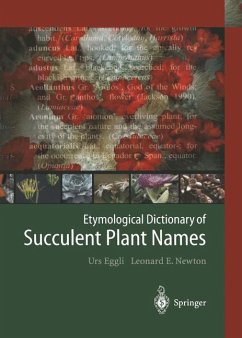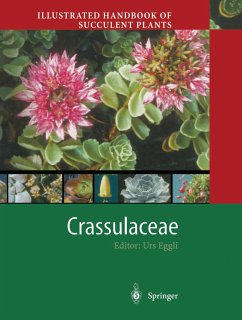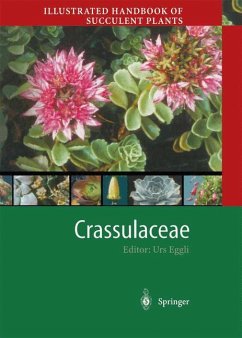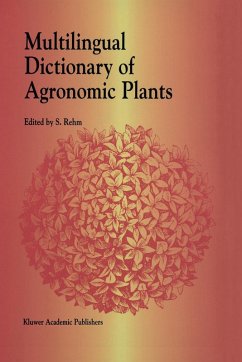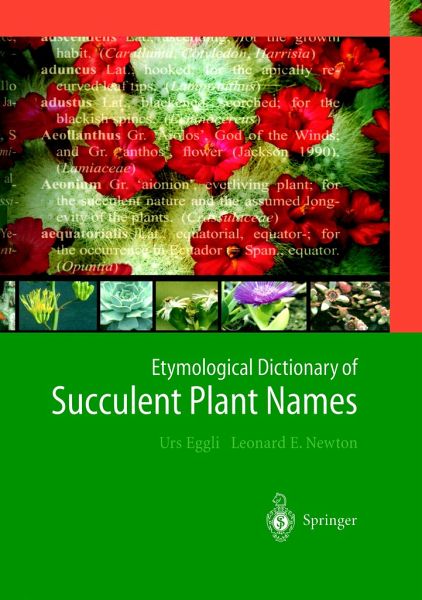
Etymological Dictionary of Succulent Plant Names
Versandkostenfrei!
Versandfertig in 6-10 Tagen
121,99 €
inkl. MwSt.
Weitere Ausgaben:

PAYBACK Punkte
61 °P sammeln!
Names are important elements to handle the diversity of items in daily life - persons, objects, animals, plants, etc. Without such names, it would be difficult to attach information to such items and to communicate information about them, and names are usually used without giving them much thought. This is not different for plants. When dealing with plants, however, it soon becomes apparent that the situation is somewhat more complex. Botanists use Latin names to bring order into the vast diversity, while everyday usage resorts to vemacular or "popular" names. As practical as these vernacular ...
Names are important elements to handle the diversity of items in daily life - persons, objects, animals, plants, etc. Without such names, it would be difficult to attach information to such items and to communicate information about them, and names are usually used without giving them much thought. This is not different for plants. When dealing with plants, however, it soon becomes apparent that the situation is somewhat more complex. Botanists use Latin names to bring order into the vast diversity, while everyday usage resorts to vemacular or "popular" names. As practical as these vernacular names are (it is not suggested that you should ask your greengrocer for a kilo gram of Solanum tuberosum or Musa paradisiaca subsp. sapientum), their most important draw back is the fact that they vary widely, not only from one language to another but also from coun try to country, even from region to region within a large country. More importantly, vemacular names in any given language are usually only available for the plants growing locally, or for plants of some special importance, such as crops and vegetables, medicinal plants, or important garden plants. For all other plants, the Latin names used by botanists and other scientists have to be employed. Such names often appear complicated or even awkward to the ears of those not accustomed to them.




